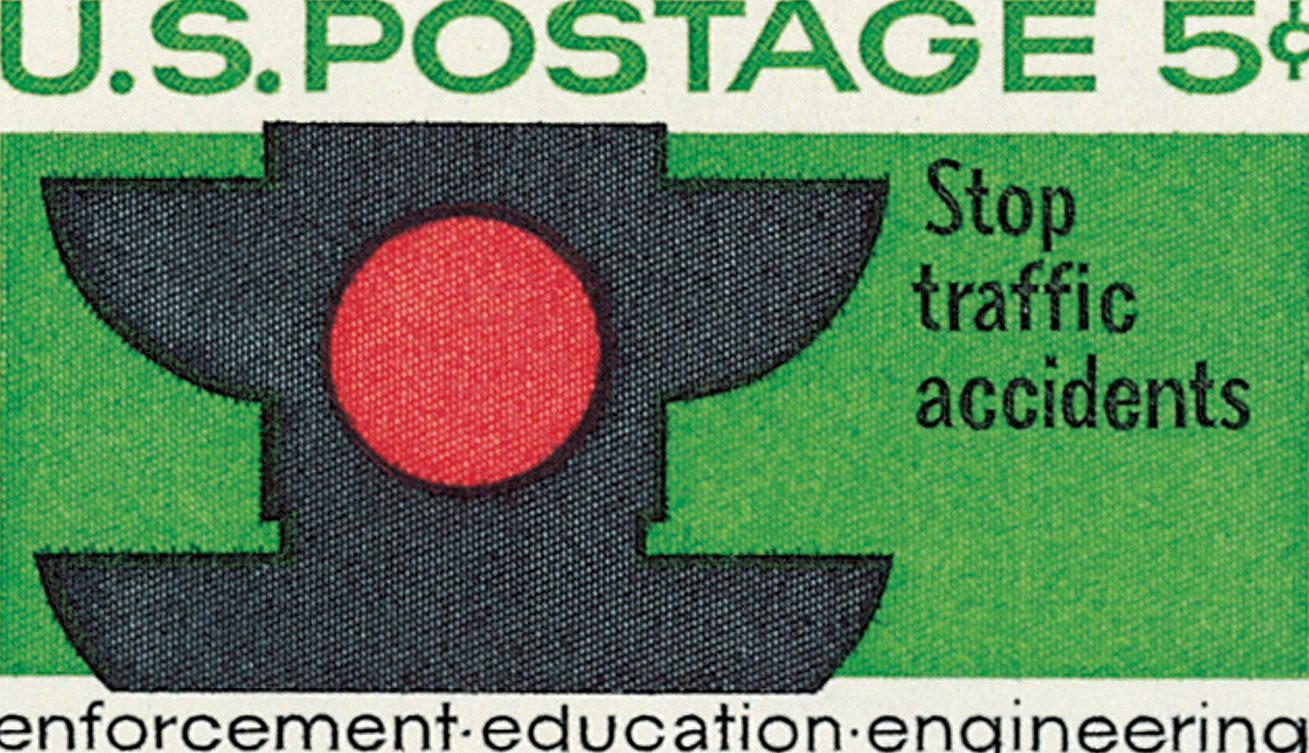Microprinting in US Stamps
On October 22, 1992, the USPS issued its first stamps that incorporated microprinting in the design. These were also the first stamps to have microprinted text. Today, most US stamps include microprinting as a security feature.









